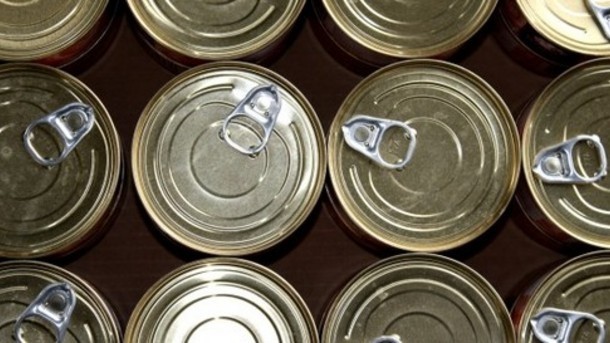Scientists rubbish BPA safety levels

The chemical compound is found in coatings in food and drinks containers, some baby bottles and sipper cups as well as some other plastic packaging.
In January 2015, EFSA published a health assessment of the compound and concluded that an intake of less than four micrograms per kilogram of bodyweight per-day did not pose a health risk.
However, scientists at the National Food Institute, Technical University Denmark, have claimed EFSA’s tolerable daily intake (TDI) recommendations did not offer adequate protection for consumers.
‘Protective’
“According to the National Food Institute’s calculations, the new TDI should be 0.7 micrograms per kilogram of bodyweight per day or lower to be sufficiently protective against endocrine (glands in the body) disrupting effects,” said the scientists.
Critics, particularly those in the US, have linked BPA to a range of health problems, which ranged from reproductive disorders, heart disease and type 2 diabetes.
“The health risks of BPA are of concern, particularly for highly exposed persons,” said Ulla Hass from the National Food Institute.
“The concern applies particularly to pregnant or breastfeeding women as well as children as they will be sensitive to potential effects that occur even at low doses of the compound.”
Other chemical compounds
It was also unknown whether the alleged health issues caused by ingesting too much BPA would be worsened if other chemical compounds were present in the body, Hass added.
At the time of EFSA’s assessment in January, a Food and Drink Federation (FDF) spokeswoman told FoodManufacture.co.uk: “EFSA’s confirmation of BPA’s continued safe use should be the basis for regulatory decisions and we urge the European Commission and Member States to ensure that national measures are based on science.”
EFSA had reduced the TDI following a more refined assessment methodology, the spokeswoman added.
“The FDF and the food industry remain committed to the safety of food products and strongly support the science-based risk assessment and proportionate management by regulators.”

















